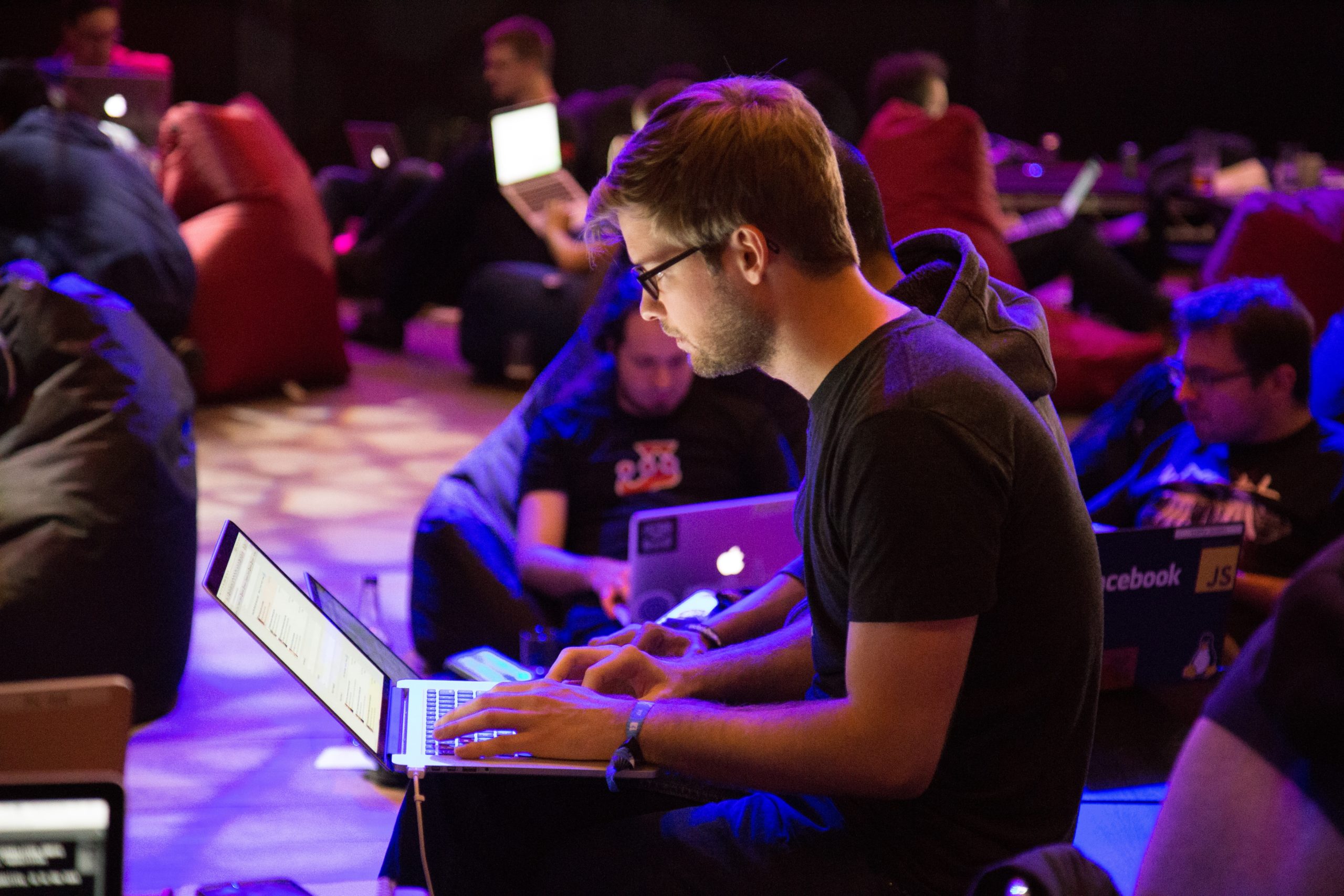The first month of 2020 has come to an end and the crypto world has a lot going on. So what happened in the Crypto World in January 2020?
Coinbase is moving to Dublin, Ireland to serve European customers
Following the Brexit announcement, Coinbase has launched Coinbase Custody International Inc. in Dublin, Ireland, to handle European cryptocurrency deposits. The company has acquired an Irish e-money license in October 2019.
Coinbase explained their decision in a blog post and wrote:
“While Coinbase Custody has served European-based clients in the UK, Switzerland, Germany, Finland, the Netherlands and more since 2018, our dedicated presence in Europe will allow us to offer these services in a completely localized way, with local staff, localized [service-level agreements] and in compliance with local laws,”
Coinbase and Coinbase Custody Internationa are two different companies and aim to provide support for the European demand for investment and cryptocurrency.
Swiss Incorporates a Blockchain IPO
Andriotto Financial Services , a Swiss company has been allowed to incorporate for an initial public offering (IPO) of tokenized shares on a blockchain.
The company has stated that it will be using the blockchain technology to keep the shareholders registry and tokens will be used to represent shares.
The firm’s IPO prospectus indicates an offering of 8,399,000 “common equity share security tokens” on the ethereum blockchain, with smart contracts provided by with EURO DAXX, a digital assets exchange based in the country’s “Crypto Valley” city of Zug. The offering price will be €1.25 ($1.38) per share.
IBM has received a U.S. patent for a token that can record its own transaction data.
Referred to as the “self-aware-token”, the token makes it easier for all participants to trace transactions, even when it’s used on other platforms, than the IBM payment platform.
The patent describes the ledger-based system, which is designed to record all data when is not used on the IBM platform. When the token rejoins the ecosystem, it automatically uploads the data.
Awarded by the U.S. Patent Office on Jan. 7, the patent outlines a ledger-based payments system that could make it easier for individual users, businesses and governments to track and trace transactions made using a cryptocurrency.
The token itself cannot store any information, but it would use personal devices or a dedicated database.
Such tokens can prove to be useful for a business trying to discover which crypto have been used for criminal activities, to ensure that they haven’t been corrupted or to enforce regulations.
Singapore Announces New Regulation for Crypto Businesses
The Monetary Authority of Singapore (MAS) is updating its regulatory framework for digital payments.
Singapore announced the DPT (Digital Payment Token) as a service, to cover all crypto businesses and crypto exchanges based in Singapore, under the current anti-money laundering (AML).
As a result, any crypto business in Singapore has to first register and then apply for a license to operate.
MAS Assistant Managing, Director Loo Siew Yee, stated:
“The Payment Services Act provides a forward-looking and flexible regulatory framework for the payments industry,”
“The activity-based and risk-focused regulatory structure allows rules to be applied proportionately and to be robust to changing business models. The PS Act will facilitate growth and innovation while mitigating risk and fostering confidence in our payments landscape.”
Deutsche Bank Says Digital Currencies Could Be Mainstream in 2 Years
A report from Deutsche Bank states that digital currencies have “potential to radically change payments, banking, central banking and the balance of economic power.”
This could mean that we will see widespread adoption within the next few years.
Considering China’s digital yuan and the Facebook project of launching Libra, this could lead to introducing digital currencies to over half of the world’s population.
Ukraine Will Track Crypto Transactions Above $1,200
According to the head of the country’s Ministry of Finance, Oksana Makarova, Ukraine plans to track crypto transactions exceeding $1,200.
Last month, the Ukrainian president, Volodymir Zelensky, signed a law which reinforces anti-laundering practices for cryptocurrency transactions.
For the first time., The law included cryptocurrency as an asset to be monitored. The threshold for triggering the scrutiny process is 30,000 Ukrainian hryvnia (UAH), or US$1,200.
The Ministery of Finance stated:
“If exchanges, exchangers, banks or other companies make payments in cryptocurrencies worth more than UAH 30,000 in equivalent, they must verify such transaction and collect detailed customer information,”
“The customer must provide comprehensive information about the origin and destination of their virtual assets.”
The Coronavirus Outbreak in China Could Weigh on Crypto Prices
After the Coronavirus epidemic broke out this month in China, most crypto clients cancelled their meetings in China, as nobody wants to attend any conference or meeting during this time.
China is a crypto investment hub and it has the most crypto exchanges in the Asia-Pacific region, and the epidemic will disrupt business and can potentially impact prices.
Marketing events are crucial for crypto investments, but these will be put on hold until the crisis goes away.
Jason Wu, the CEO and founder of non-custodial crypto lender DeFiner stated:
“The market might take a heavy blow if the money stops flowing into these crypto asset classes as it usually did before,”
Aside from the epidemic, the Chinese New Year is also a bad time for investments, as many prefer to cash out during this time. But VCs are confident that they will see those investments coming back.





